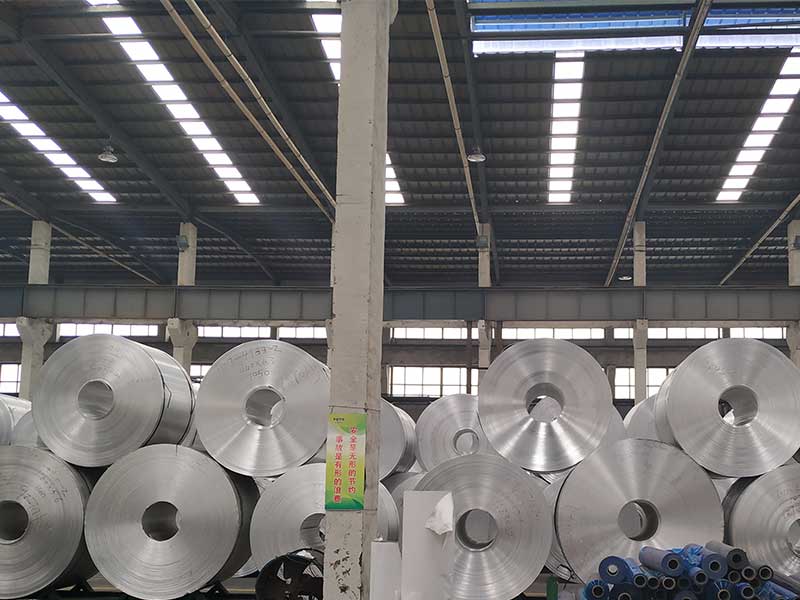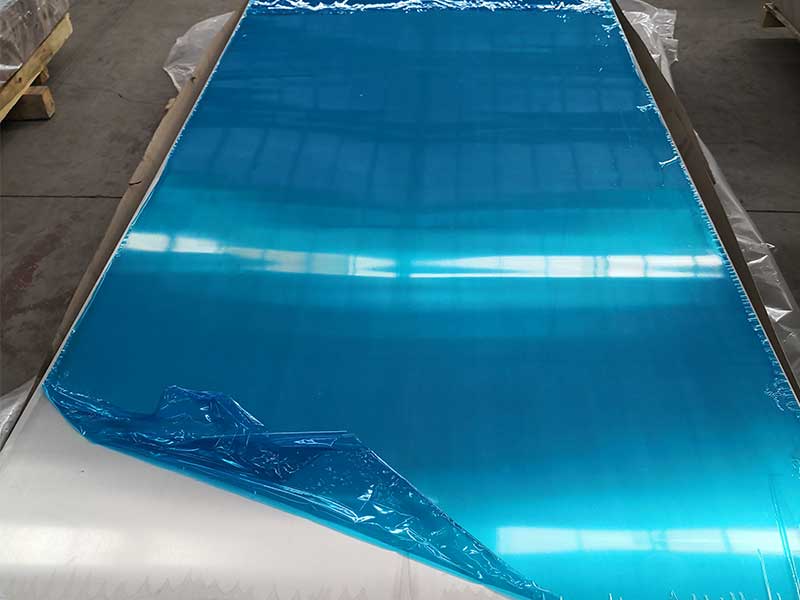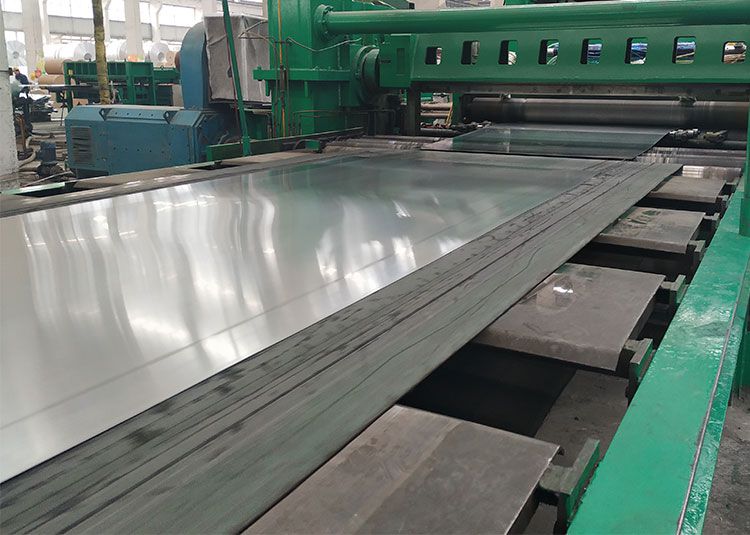In the realm of marine vessel design and fabrication, material selection is crucial to ensure durability, performance, and safety in challenging environments. Among various materials, 5083 marine aluminum tubes is know as an exceptional choice due to their unique blend of strength, corrosion resistance, and versatility.
Why Choose 5083 Aluminum Tubes for Marine Applications?
Marine vessels operate in highly corrosive environments, exposed continuously to saltwater, atmospheric moisture, and mechanical stress. The 5083 alloy, primarily made of aluminum–magnesium, offers an exceptional combination of properties:
- High strength-to-weight ratio, reducing vessel mass and fuel consumption.
- Outstanding corrosion resistance, particularly against seawater, outperforming many other aluminum alloys.
- Excellent weldability and workability for versatile fabrication methods.
- Superior fatigue resistance, critical for structures subjected to dynamic loading.
These properties make 5083 tubes the backbone in marine hulls, piping systems, support structures, and underwater frameworks.
Material Composition and Chemical Properties of 5083 Alloy
chemical makeup is central to appreciating 5083 marine aluminum’s unbeatable corrosion resistance and mechanical characteristics. The main alloying element is magnesium (Mg), which grants strengthened oxide film protection.
| Element | Content (%) |
|---|---|
| Aluminum (Al) | Balance (~93.5-94.8) |
| Magnesium (Mg) | 4.0 - 4.9 |
| Manganese (Mn) | 0.4 - 1.0 |
| Chromium (Cr) | 0.05 - 0.25 |
| Iron (Fe) | ≤ 0.4 |
| Copper (Cu) | ≤ 0.1 |
| Silicon (Si) | ≤ 0.4 |
| Zinc (Zn) | ≤ 0.25 |
The elevated magnesium content strengthens the alloy primarily in a controlled solid solution form, while chromium enhances grain structure and resistance to exfoliation corrosion – pivotal in complex marine assemblies.
Mechanical and Implementation Standards
5083 marine aluminum tubes generally comply with international marine and fabrication standards, ensuring certified mechanical stability and quality control. applicable specifications include:
- ASTM B483 – Standard specification for seamless and welded aluminum tubes (covers manufacture and inspection).
- ISO 6362 – Aluminium and aluminium alloys tubes: dimensions, tolerances.
- ABS (American Bureau of Shipping) and LR (Lloyd’s Register) approvals for accepted marine grades and traceability.
- Aluminum Association (AA) specification: Alloy 5083 composition and temper controls.
Common Mechanical Properties (Typical for 6 mm Wall Thickness Tube, Temper H131):
| Property | Value |
|---|---|
| Ultimate tensile strength | 290 MPa (Min) |
| Yield strength (0.2%) | ~145 MPa |
| Elongation at break | ≥12% |
| Density | Approximately 2.66 g/cm³ |
| Hardness (Vickers) | Around 85 HV |
The temper type, denoted as H111, H112, or H131, refers to strain-hardened tempers optimized for mechanical strength while maintaining high corrosion stability. The tubes are either solution heat-treated plus strain-hardened or only strain-hardened—all part of precisely controlled fabrication.
Functional Applications in Marine Vessel Design
1. Structural Framing and Hull Reinforcements
5083 aluminum tubes’ lightweight yet strong nature allows marine architects to reduce overall vessel mass while resisting hull deformation under dynamic maritime loads. Their excellent impact toughness boosts damage tolerance in extreme operating conditions.
2. Piping and Fluid Transport Systems
Marine applications demand pipes resistant to galvanic corrosion and seawater pitting. 5083 tubes safely transport fuel, water, and hydraulic fluids without degradation, supporting longevity and flawless rise in performance.
3. Mooring and Anchor Components
Fabricated into marine-grade tubular assemblies such as mooring bars or anchor mounts, the corrosion-resistant and machinable nature of the alloy ensures long-term operation in saltwater without compromising structural integrity.
4. Surface Exhaust and Venting Systems
The alloy accepts anodizing and other surface treatments, enabling corrosion protection even under direct exposure to harsh marine exhaust gases, which often corrode lesser materials.
Unique Fabrication and Welding Considerations
While 5083 alloy possesses superb weldability via TIG and MIG processes, care must be exercised during:
- Pre-weld cleaning: Proper removal of marine fouling or oxidation layers.
- Heat input regulation: Excessive heat can decrease mechanical properties near weld zones, so predefined welding parameters ensuring minimal thermal distortions are used.
- Post-weld inspections: Use of NDT practices (dye penetrant, ultrasonic) to confirm weld quality especially for pressure or hull applications.
Acceptance to specific fabrication standards provides confidence in the consistently high-quality outcome when using 5083 marine aluminum tubes.







